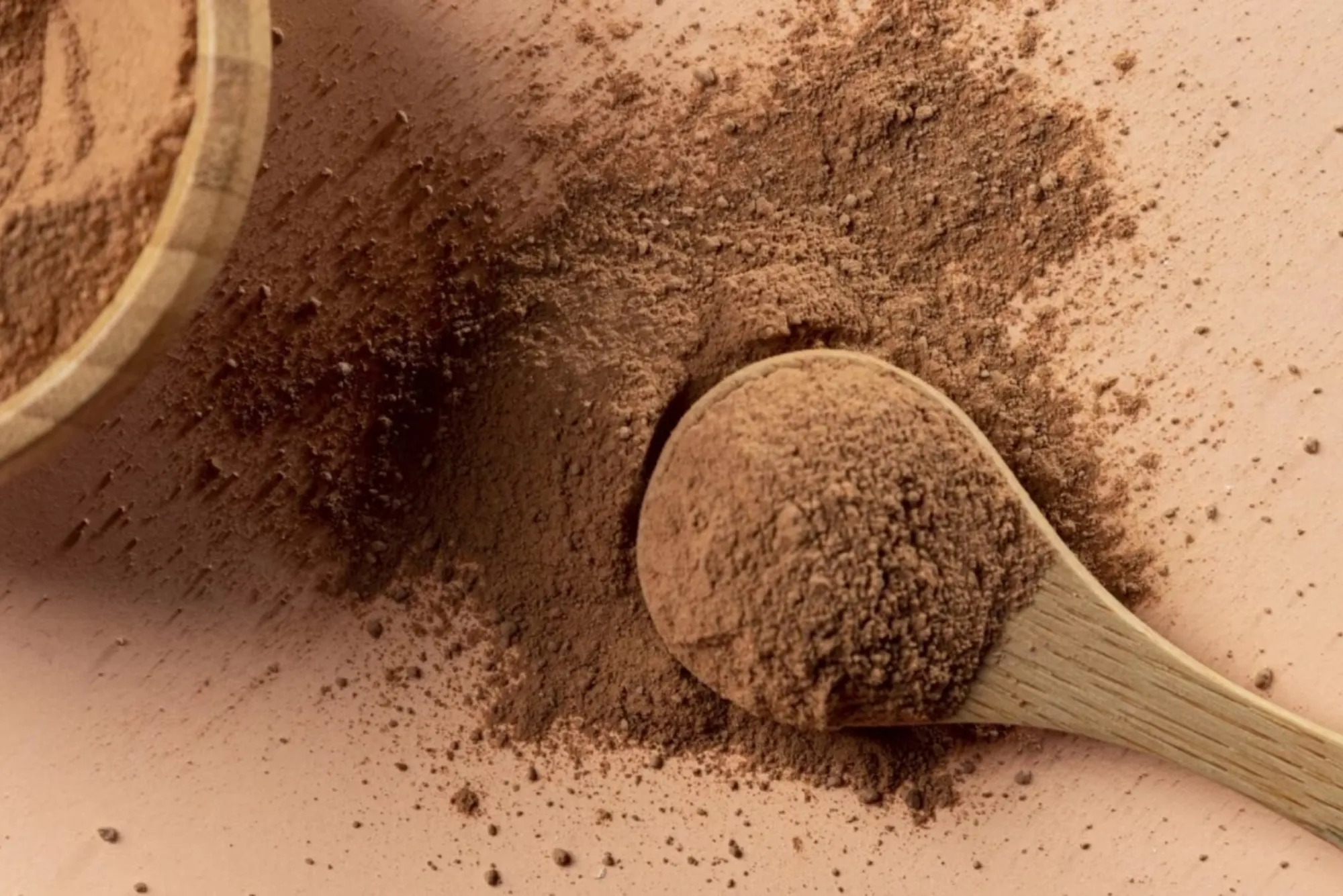With the growing popularity of plant-based diets, vegan protein powders have become a staple for those seeking high-quality protein without relying on animal sources. Whether you’re aiming to build muscle, support weight management, or reduce your environmental impact, vegan protein powder can play a crucial role in achieving your goals. In this article, we’ll explore the ins and outs of vegan protein powder, covering its benefits, types, and how to choose the right one for your lifestyle.
What is Vegan Protein Powder?
Vegan protein powder is a dietary supplement derived entirely from plant-based sources. Unlike whey protein, which comes from dairy, vegan protein is made using a variety of plants such as peas, hemp, soy, and rice. These proteins are processed and concentrated into powder form, making it easy to add a significant amount of protein to your diet. Vegan protein powder is a popular option for vegans, vegetarians, or those with dairy sensitivities.
Common vegan protein sources include:
- Pea Protein: Rich in iron and a good source of branched-chain amino acids (BCAAs).
- Hemp Protein: Offers omega-3 and omega-6 fatty acids.
- Soy Protein: Contains all essential amino acids and is highly digestible.
- Rice Protein: Known for its hypoallergenic properties and smooth texture.
Benefits of Vegan Protein Powder
Health Benefits
Vegan protein powders are packed with essential nutrients, making them an excellent addition to a balanced diet. They promote muscle growth, aid in recovery after workouts, and help maintain a healthy weight. Since plant-based proteins are generally easier to digest than animal-based ones, they are often gentler on the stomach and suitable for those with lactose intolerance.
Environmentally Friendly
Plant-based protein production has a lower environmental impact compared to animal-derived proteins. Growing plants for protein requires fewer resources, such as water and land, and results in less greenhouse gas emissions. Choosing vegan protein contributes to a more sustainable food system.
Ethical Considerations
For those concerned about animal welfare, vegan protein is a cruelty-free option. It aligns with the principles of veganism by avoiding the exploitation of animals in food production.

Types of Vegan Protein Powder
There are various types of vegan protein powders, each with unique benefits:
Pea Protein
Pea protein is derived from yellow split peas and is a high-quality source of protein. It is particularly rich in BCAAs, which support muscle recovery and growth. Pea protein is also rich in iron, making it a great option for those who need to boost their iron intake.
Hemp Protein
Hemp protein is derived from hemp seeds and is known for its balance of omega-3 and omega-6 fatty acids, which support heart health. Hemp protein also contains fiber, making it a good choice for those looking to improve digestion while getting their protein intake.
Soy Protein
Soy protein is one of the most complete plant-based proteins, containing all nine essential amino acids. It’s a great option for people who want a high-protein, versatile powder. However, those with soy allergies or sensitivities should avoid it.
Rice Protein
Rice protein is hypoallergenic and easily digestible, making it ideal for individuals with food sensitivities. While it may be lower in some essential amino acids compared to other options, it’s often combined with other protein sources to provide a complete amino acid profile.
Protein Blends
Blended vegan protein powders combine different plant-based sources to create a more balanced amino acid profile. These blends often mix pea, rice, and hemp proteins to provide optimal nutrition for muscle growth and recovery.
| Type of Protein | Primary Benefits | Nutritional Profile |
|---|---|---|
| Pea Protein | Rich in BCAAs and iron | High protein, low fat, good iron source |
| Hemp Protein | Contains omega-3 and omega-6, high in fiber | Moderate protein, high fiber, healthy fats |
| Soy Protein | Complete protein, highly digestible | High protein, low fat, all essential amino acids |
| Rice Protein | Hypoallergenic, easy to digest | High protein, low allergens, smooth texture |
| Protein Blends | Balanced amino acid profile, versatile | Combination of multiple protein sources |
How to Choose the Right Vegan Protein Powder
Choosing the right vegan protein powder depends on your dietary needs, fitness goals, and personal preferences.
Assessing Your Needs
Consider why you need protein powder. If you’re aiming to build muscle, opt for a protein powder with a high protein content, like pea or soy protein. For those looking to support general health, a blend of proteins might be best, as it offers a broader range of nutrients.
Key Ingredients to Look For
When selecting a vegan protein powder, pay attention to the ingredient list. Look for a protein powder that contains minimal ingredients and avoid those with artificial sweeteners, colors, or preservatives. Check for added vitamins and minerals that can enhance the nutritional value.
Avoiding Harmful Additives
Some protein powders contain unnecessary fillers and additives that can cause digestive issues or reduce the nutritional quality of the product. Stick to products that are free from GMOs, artificial sweeteners, and other harmful chemicals.

How to Use Vegan Protein Powder
Vegan protein powder is incredibly versatile and can be incorporated into your diet in various ways.
Recommended Daily Intake
The amount of protein you need will vary depending on your activity level. Athletes and active individuals generally require more protein to support muscle repair and growth. Consult with a nutritionist to determine your ideal daily intake.
Mixing Options
You can mix vegan protein powder with water, plant-based milk, or add it to smoothies. For a thicker, creamier consistency, almond or oat milk works well. Many people also incorporate protein powder into their baking, adding it to pancakes, muffins, and energy bars.
Recipes
Here are a few simple recipes:
- Vegan Protein Smoothie: Blend protein powder with a banana, almond milk, and a handful of spinach for a nutritious smoothie.
- Protein Pancakes: Mix protein powder with flour, baking powder, plant-based milk, and flaxseed for a protein-packed breakfast.
- Energy Balls: Combine protein powder with oats, peanut butter, and a sweetener of your choice to create quick energy snacks.
Frequently Asked Questions (FAQs)
Q1: Does vegan protein powder contain all essential amino acids?
Yes, some vegan protein powders like soy or blends provide all nine essential amino acids, making them a complete protein source.
Q2: Can I build muscle with vegan protein powder?
Absolutely! With the right combination of protein sources and sufficient intake, vegan protein can support muscle growth and recovery just as effectively as animal-based protein.
Q3: Is vegan protein powder safe for children?
In moderation, vegan protein powder can be safe for children, but it’s important to consult with a pediatrician or nutritionist to ensure proper nutrition.
Q4: How long does vegan protein powder last?
Most vegan protein powders have a shelf life of 12 to 24 months if stored in a cool, dry place. Always check the expiration date and follow storage instructions.
Q5: Can vegan protein powder help with weight loss?
Yes, when combined with a balanced diet and exercise, vegan protein powder can help support weight management by keeping you full and aiding in muscle maintenance.
Vegan protein powder is a nutritious, sustainable, and ethical choice for anyone looking to enhance their diet with plant-based protein. With various types to choose from and a wide range of benefits, it’s easier than ever to find the right vegan protein powder that fits your needs. Whether you’re an athlete, a health enthusiast, or simply someone looking to make more conscious food choices, vegan protein powder offers a versatile solution to meet your protein requirements.



